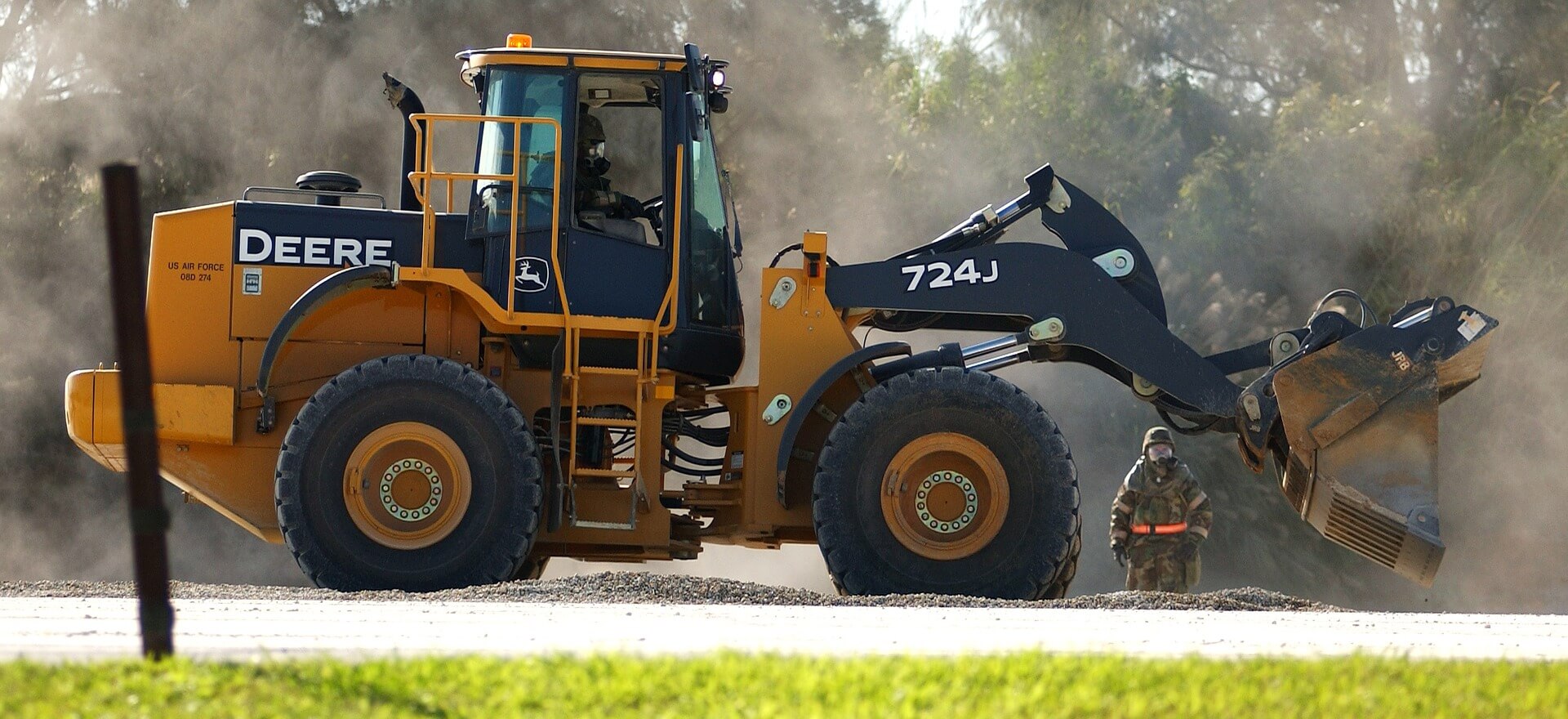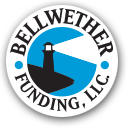What You Need to Know About Equipment Financing
To maintain a healthy cash-flow for a small business, taking out commercial loans is a common occurrence. When it’s time for new equipment, or at least an upgrade, learning about all your financing options can ensure you make the best decision for your company’s future. One advantage to taking out a loan instead of paying cash is to maintain a steady flow of working capital to continue paying other expenses that the company needs to pay to stay in operation.
Thank you for reading this post, don't forget to subscribe!What is Equipment Financing?
 Equipment financing is just that – financing that aids a business in acquiring/fixing equipment – which includes purchasing new and used assets, replacements, repair costs, and upgrades. This can range from medical machinery, restaurant ovens, furniture, computers and printers, software, commercial vehicles, and more.
Equipment financing is just that – financing that aids a business in acquiring/fixing equipment – which includes purchasing new and used assets, replacements, repair costs, and upgrades. This can range from medical machinery, restaurant ovens, furniture, computers and printers, software, commercial vehicles, and more.
Financing not only applies to purchasing assets but also covers leasing costs. Monthly loan payments might be tax deductible as an operating expense. Ask your lender and tax advisor!
Leasing vs Purchasing
Depending on whether you lease or purchase depends on your overall situation and needs. If you have very little working capital, it might be best to start with a lease. If you anticipate needing the equipment for a short period of time during the year, or if the industry is going through very fast-paced technology changes, leasing could be the best option. The last thing you would want to do is be paying off a loan for equipment that is already obsolete! Many lenders will cover 100% of the item cost, plus 25% of any additional costs like taxes and delivery fees.
If however you can afford a down payment, technology isn’t shifting significantly, there are great used options available that will get the job done for many years to come, purchasing might work better for you. Lenders have differing terms, but usually they will require about 20% down.
How to Get an Equipment Loan
Loan terms are generally based on the value of the equipment, your business’ financial and credit history. Most lenders look for good credit before approving an equipment loan. Bad credit may influence this eligibility in a negative way, which is why using a loan broker can be very advantageous. They will review all the investors and banks they have previously built relationships with to find the best option and interest rate for your business and unique needs. One nice aspect of equipment loans, is that the equipment itself acts as collateral for the loan, so the likelihood of being approved is generally higher.

When you go in to meet with a potential lender, it’s important to be prepared to show your business credit history as well as your personal credit, especially if one is better than the other. If they’re both looking pretty bad, the loan process could be delayed or stopped. So do everything you can now to clean up loose ends. We can help with this process, and can get you to qualify for a lower interest rate much more quickly than is usually expected!
New Tax Law Advantages
The new tax law has given many benefits to small business owners, and this carries over to equipment financing. For example, if you need to lease equipment such as computers, furniture, machinery, etc., this tax year is allowing an expense of 100%. If you purchase equipment, you may write off up to $1 million the first year rather than depreciating it over the next five years, which then lowers your taxable income. This deduction begins to phase out at this $1 million mark, and is completely phased out at $2.5 million. This is proving to be very valuable for many start-ups and small businesses looking to take their sales to the next level.
Even better, these tax laws apply to new AND used assets – which previously only applied to new equipment and software.





